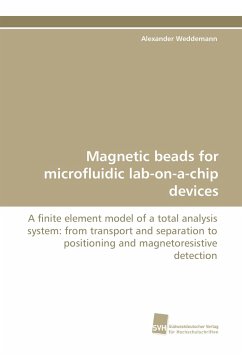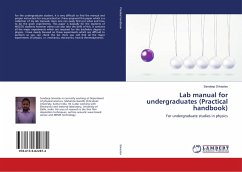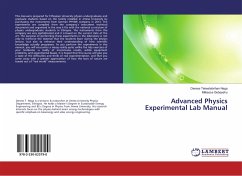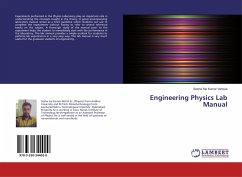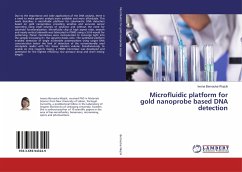Since the early 1990s, microfluidic lab-on-a-chip systems are the focus of much research. One of the most challenging objective is the design of a Micro Total Analysis System (µTAS), the integration of several laboratory procedures on a small microfluidic chip. These tasks include the injection and the preparation of the sample and the subsequent guidance by hydrodynamic or electromagnetic means to the functional sites of the device. It is at these sites where chemical reactions take place, followed by separation and detection of the products. Thus, µTAS-devices require for the controlling of the component that is to be analyzed. Here magnetic markers come into play: Attachment of a magnetic label to the analyt allows for the manipulation and the detection of the combined objects. In this regard, this work aims to improve the understanding of the possibilities and limitations of such approaches. A strong focus lies on the magneto-based recognition by magnetoresistive sensors for the detection and the position estimation of a magnetic particle. A constructive method is developed to design sensor arrays with a defined spatial resolution.

